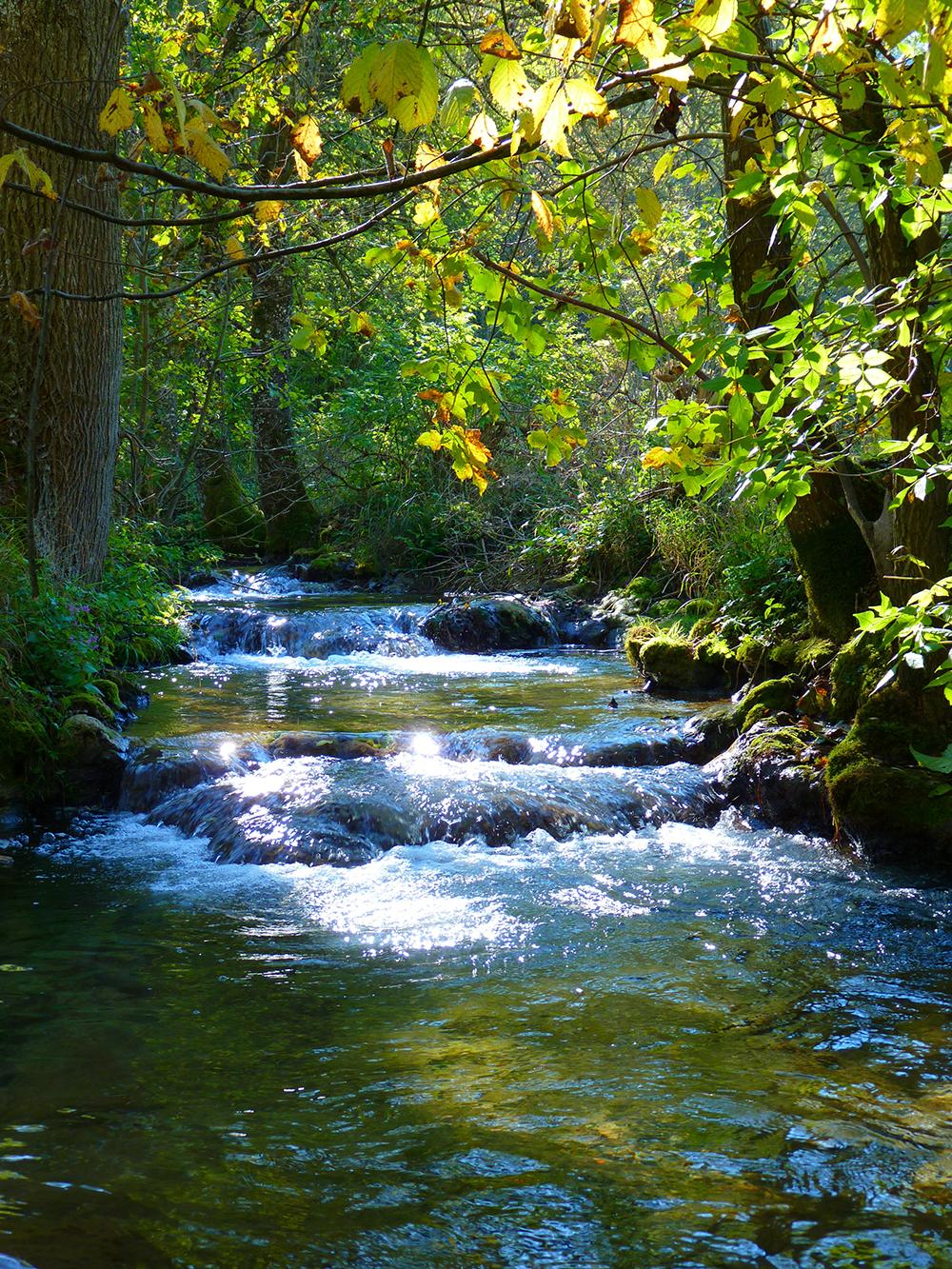
What are Belgium’s Commons?
Belgium’s commons are a unique feature of the country’s landscape, providing natural resources and social benefits to local communities for centuries. Commons can be defined as shared land, water, or other resources managed by the community, where access and use are regulated by local custom and tradition rather than by private or state ownership. The concept of commons has a long history in Belgium, dating back to medieval times when peasants used communal land for grazing, timber gathering, and other activities. Today, Belgium’s commons are an important source of biodiversity, cultural heritage, and sustainable development.
Historical Overview of Belgium’s Commons
Belgium’s commons have been shaped by centuries of use and management by local communities. In the medieval period, peasants used common lands to supplement their agricultural production and gain access to natural resources such as wood, water, and game. However, with the rise of the modern state and the growth of private property, the commons were gradually enclosed and privatized. This process accelerated in the 19th and early 20th centuries, with the expansion of industrialization and urbanization.
Despite this, some commons survived and even flourished. During World War II, for example, many Belgian villages relied on their communal forests for fuel and food, demonstrating the resilience and importance of these resources. In the post-war period, there was a growing recognition of the ecological and social value of commons, leading to legal reforms and community-based initiatives to protect and manage them.
Ecology of Belgium’s Commons
Belgium’s commons are home to a rich diversity of species and ecosystems, including forests, wetlands, heathlands, and grasslands. These habitats provide critical services such as carbon sequestration, water filtration, soil conservation, and pollination. Many of these resources are threatened by climate change, pollution, invasive species, and overexploitation. However, commons managed by the community have been shown to be more resilient and adaptable to these challenges, due to their decentralized decision-making and cultural knowledge.
Challenges Facing Belgium’s Commons
Despite their importance, Belgium’s commons face a number of challenges in the 21st century. Economic pressures, urbanization, and changes in land use have led to the fragmentation and degradation of many commons. Climate change and pollution pose further threats to the ecological integrity of these resources. In addition, there is a lack of legal recognition and support for community-based management of commons, leading to conflicts and uncertainty.
Sustainable Solutions for Belgium’s Commons
To address these challenges, a range of sustainable solutions have been proposed for Belgium’s commons. These include:
- Encouraging community-based management and ownership of commons
- Strengthening legal recognition and protection for commons
- Investing in ecological restoration and conservation
- Promoting sustainable use and access to common resources
- Advancing scientific research and monitoring of commons
- Supporting community-based tourism and cultural activities in commons
The Role of Community in Managing Commons
Community-based management of commons is a key principle of sustainable development, recognizing the importance of local knowledge, participation, and governance in natural resource management. In Belgium, many commons are still managed by traditional user associations or cooperatives, reflecting the historical legacy of common land use. However, these institutions are facing new challenges in the modern era, such as changing demographics, globalization, and legal frameworks. Therefore, new forms of community-based management are needed to ensure the long-term viability of commons.
Case Studies of Successful Commons in Belgium
There are many examples of successful commons management in Belgium, demonstrating the potential for sustainable solutions. For instance, the Zenne River in Brussels was once heavily polluted and neglected, but has been revitalized through a community-led restoration project. The Kalmthoutse Heide heathland is another example of a well-managed common, with a diverse array of biodiversity and cultural activities. The High Fens peatland is also a unique and valuable common, providing carbon storage, water regulation, and recreation opportunities.
The Importance of Preserving Belgium’s Commons
The preservation of Belgium’s commons is essential for ecological, social, and economic reasons. These resources provide a range of ecosystem services, from clean air and water to biodiversity conservation and climate regulation. In addition, commons are important for their cultural and social value, as places for community building, recreation, and cultural heritage. Finally, commons can also contribute to sustainable economic growth, through the development of eco-tourism and sustainable agriculture.
Policy Recommendations for the Future of Belgium’s Commons
To ensure the long-term viability of Belgium’s commons, a range of policy recommendations can be made, including:
- Strengthening legal recognition and protection for commons
- Supporting community-based management and ownership of commons
- Investing in ecological restoration and conservation
- Promoting sustainable use and access to common resources
- Advancing scientific research and monitoring of commons
- Encouraging public awareness and education about the value of commons
- Developing partnerships and networks among stakeholders
Conclusion: A Call to Action for Commons Conservation
Belgium’s commons are an important and unique part of the country’s landscape, providing ecological, social, and economic benefits to the community. However, these resources are facing increasing pressures and challenges in the 21st century, requiring sustainable solutions and community-based management. By working together, stakeholders can help to preserve and enhance the ecological integrity and social value of Belgium’s commons, for the benefit of present and future generations.
